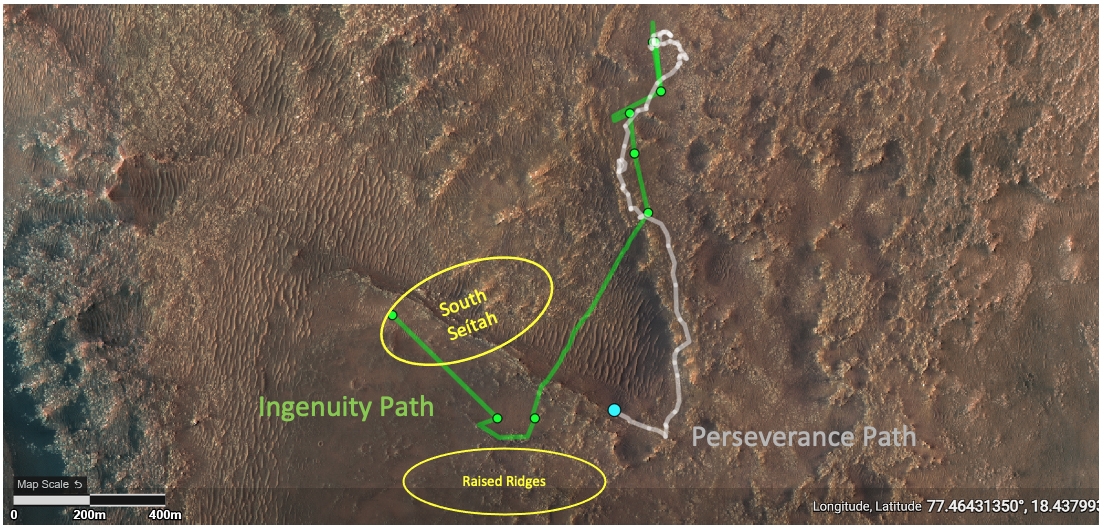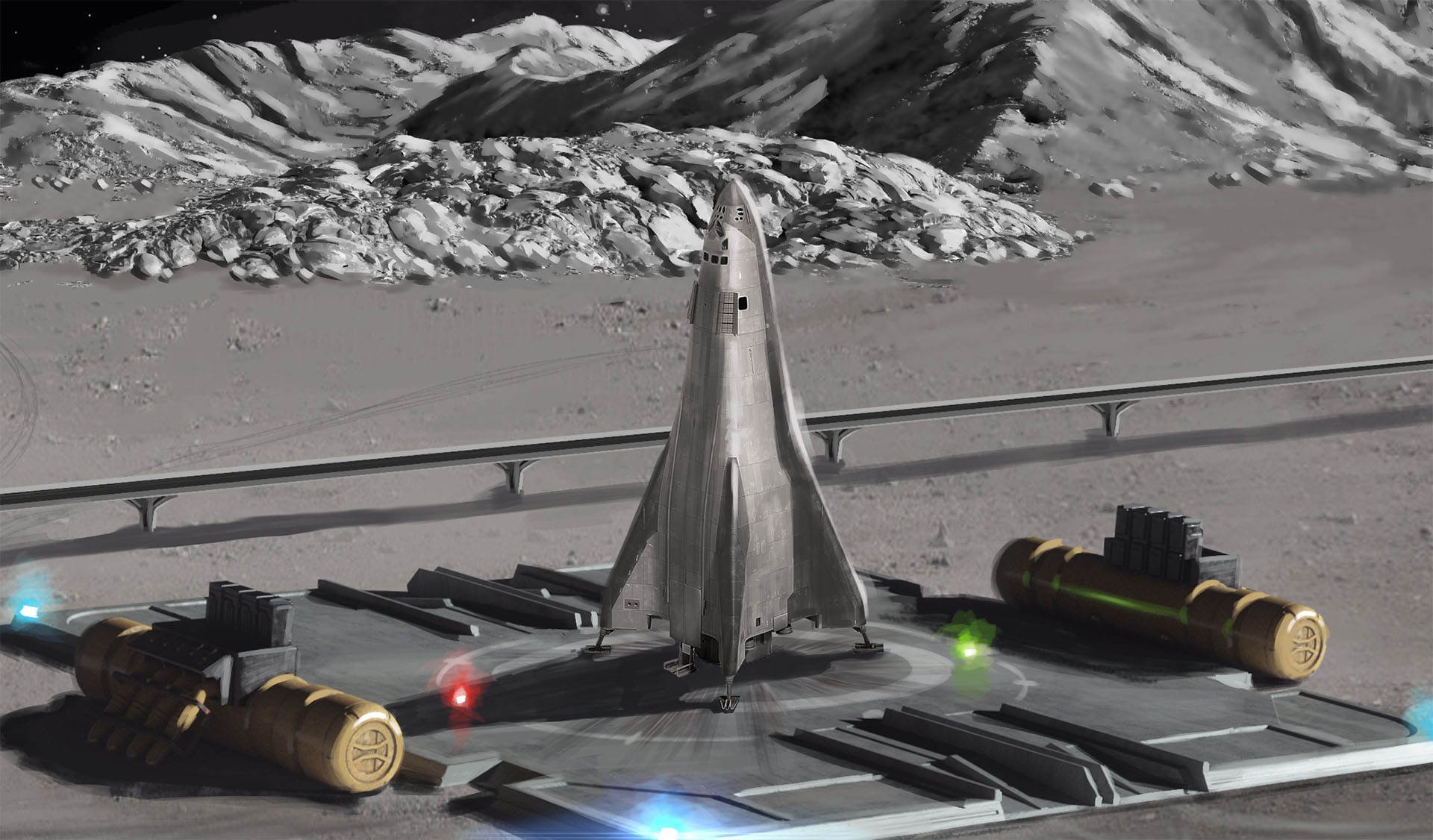The other point is that most commercial entities aren't burdened with the same bureaucracy and bureaucratic inertia that government programs are. Commercial companies are generally speaking, willing to take more risk and more innovative. They also are more driven to succeed because in order to survive they have to break even at the bare minimum, but actually turn a profit.
Its interesting because some of Elons companies aren't primary motivated by profit, they have other missions, but they work within a capitalistic framework.
Tesla is building cars, however, profit isn't the primary motivator
SpaceX is building a spaceship to mars, however, profit isn't the primary motivator
They do however, work within the capitalistic frame work and can be agile and dynamic and fast moving. I think they are interesting case studies for the future of private enterprise. Wealth isn't perhaps the motivator in the west it used to be. People are now, generally, living comfortable lives, for the most part. People don't want to work for Tesla or SpaceX because they pay mega bucks, but because of the mission and the energy of the place. They get a decent wage, generally, but the primary drive is the mission.
This isn't really a modern, thing, collectives, and nonprofits have existed for centuries. What I guess has changes its a technology focused mission.
Its impressive. Building manned space rockets to mars, that are reusable and land back on earth, caught by a giant mechzilla isn't where commercialized space looked like it was going in the 1990's when we first started to talk about private space enterprise.
Elon has a whole thing about bureaucracy. Classic case of a smart person, listening to smart people, then implementing policy that works for an organisation. The video goes through a whole bunch of ideas, and how development should occur.
Mr Musk described five steps he takes in the engineering process, but says he has ‘made the mistake on going backwards on all five steps’

www.independent.co.uk
Youtube channel Everyday Astronaut just scored an amazing interview with Elon Musk at SpaceX’s Boca Chica development site, where SpaceX is rapidly – and I do mean RAPIDLY – itera…

lucept.com
1. Make the requirements less dumb
The requirements are definitely dumb; it does not matter who gave them to you. He notes that it’s particularly dangerous if someone who is smart gives them the requirements, as one may not question the requirements enough. “Everyone’s wrong. No matter who you are, everyone is wrong some of the time.” He further notes that “all designs are wrong, it’s just a matter of how wrong.”
2. Try very hard to delete the part or process
If parts are not being added back into the design at least 10% of the time, not enough parts are being deleted. Musk noted that the bias tends to be very strongly toward “let’s add this part or process step in case we need it.” Additionally, each required part and process must come from a name, not a department, as a department cannot be asked why a requirement exists, but a person can.
3. Simplify and optimize the design
This is step three as the most common error of a smart engineer is to optimize something that should not exist.
4. Accelerate cycle time
Musk states “you’re moving too slowly, go faster! But don’t go faster until you’ve worked on the other three things first.”
5. Automate
An important part of this is to remove in-process testing after the problems have been diagnosed; if a product is reaching the end of a production line with a high acceptance rate, there is no need for in-process testing.
Additionally, Musk restated that he believes everyone should be a chief engineer. Engineers need to understand the system at a high level to understand when they are making a bad optimization. As an example, Musk noted that an order of magnitude more time has been spent reducing engine mass than reducing residual propellant, despite both being equally as important.
This stuff should be given to every first year engineering, science and business student. Touches on concepts of responsibility, design, execution, management, oversight, productivity. The organisations have learnt from the bureaucracy at places like NASA and even private companies in defence and aerospace. Elons musings are probably more appropriate for people operating in modern organisations, within development programs and cycles.
You can see how SpaceX is able to do a lot of progress in such a short space, something NASA never really was able to do, nor was it really set up to do that. NASA was about pulling together a National capacity. The rocket technology had already been developed, essentially before NASA existed, NASA was just going to execute a very large version of it. Von Braun was often heavily critical of NASA, famously saying "Every political system is flawed. And every bureaucracy is corrupt. ". Von Braun was another who was goal focused.








